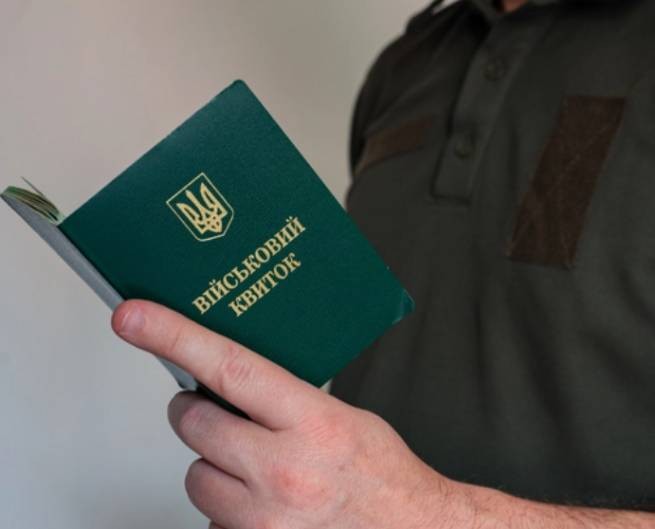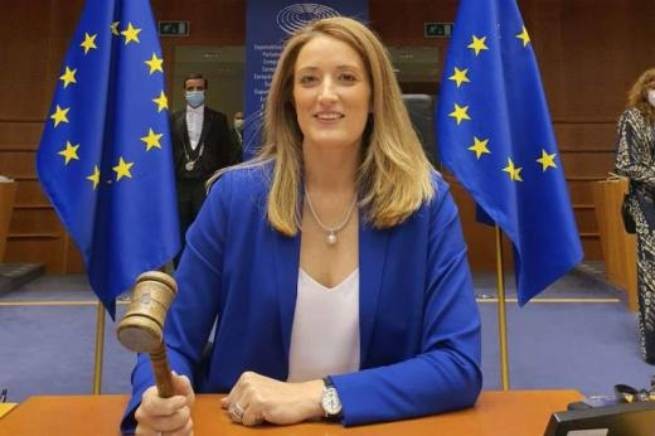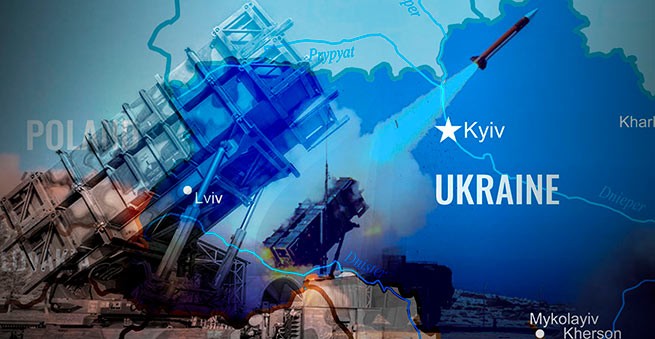Can the massacres in Bucha be called genocide? The answer is not obvious, so the opinion of a competent specialist is represented by the Air Force.
After publishing photos and videos from Bucha showing mass graves and corpses lying just on the streets, Russia claims that images have been fabricatedUSA and other European countries, including Greececall to judge the President of the Russian Federation, and Vladimir Zelensky accused Russia of committing genocide.
What is genocide? In an interview with BBC journalists, writes bb.lvPhilip Sands, professor of law, director of the Center for International Courts and Tribunals at University College London, one of the initiators of the petition to establish a Special Tribunal to punish those responsible for the aggression against Ukraine, explains this:
“We have seen horrific photographs of an apparently significant number of civilians being killed, and under certain circumstances this can be considered genocide. Ukrainian President Volodymyr Zelensky has described this as an act of genocide. I think he is using the term in a political sense, not in a strictly legal sense. difference between [юридическим и] the broad public understanding that genocide means mass murder.
From a legal point of view, it is necessary to prove the intention to destroy the group, in whole or in part, and evidence of this specific intention of the Russian military in this particular case is not immediately obvious. What is shown in the pictures is certainly evidence of war crimes and possibly also crimes against humanity. But it seems to me that this does not meet the definition of genocide.
air force: So, genocide means killing a whole group of people or part of this group. What group are we talking about in this situation? Can those who consider this a genocide say that we are talking about the entire Ukrainian people?
Philip Sands: The standard definitions in the 1948 Genocide Convention define a group on the basis of nationality, or race, or ethnicity, or religion. So in this particular case, to the extent that allegations of genocide are made, the group is defined by nationality. That is, Ukrainians are being killed. Not all of them, but a large number.
This served as the basis, for example, for recognizing as genocide the events in Srebrenica in Bosnia back in the mid-1990s – the murder of a large number of Bosnian Muslim men, about eight thousand. The International Court of Justice recognized it as genocide. On the other hand, in Vukovar in Croatia, the same international court recognized the murder of about 200 Croats not as genocide, but as a crime against humanity. So it’s not just the numbers, although they matter, of course.
air force: If these events reach the court, will the punishment be different?
Philip Sands: No. In the hierarchy of international law, genocide is no worse than a crime against humanity. Let’s take a simple example. Every genocide will also be a crime against humanity, but not every crime against humanity will be genocide, because it is not always possible to prove that it is motivated by the intent to destroy the entire group, in whole or in part.
Killing 4,000-5,000 people would almost certainly be a crime against humanity, and also, in the context of war, a war crime. But will it be genocide? Only if you can prove that these acts of killing are motivated by the specific intent to destroy the group.
air force: Those who insist on litigation, how can they prove it?
Philip Sands: I have been involved in many genocide cases and it is very difficult to prove because usually people who kill do not leave behind scraps of paper that say: “I am committing this act of murder to destroy this group of people in whole or in part “. It remains to rely on inferences based on the behavior of the accused, from which follows the intention to destroy the group. And this is very difficult.
Courts are reluctant to draw conclusions from patterns of behaviour. But one thing needs to be made clear: while in the public mind genocide is somehow viewed as something more than a crime against humanity, in terms of international law this is not the case. The punishment will be the same, and in this sense the categories of international crimes are equal.
The genocide has risen to the top of the pyramid of horrors in the public consciousness. I think it’s largely because of the term itself, which evokes particular horror, and also because there’s something particularly horrifying about the destruction of a group of people rather than a large number of individuals.
air force: Are there legal prerequisites for considering this case?
Philip Sands: There is huge legal pressure to stop what is happening. There is another crime that we have not touched upon, and which, in my opinion, is the main one in this case. The Nuremberg Tribunal called it the “highest crime”. And this is a crime of aggression. And the crime of aggression is of particular importance because it is the only one that clearly leads to the top of the pyramid.
The UN General Assembly defines aggression as “the use of armed force by a state against the sovereignty, territorial integrity or political independence of another state, or in any other manner inconsistent with the UN Charter”. Aggression entails international responsibility. No considerations of any nature – political, economic, military or otherwise – can justify aggression. Aggressive war is a crime against international peace. No territorial acquisition or special benefit obtained as a result of aggression is and cannot be recognized as legal,” states the resolution of the UN General Assembly of December 14, 1974.
The problem with other crimes – war crimes, crimes against humanity and genocide – is that it is very difficult to prove that responsibility, individual criminal responsibility lies with the very top of power, with the president and his immediate circle. But the crime of aggression, the waging of an obviously illegal war, can be established quite easily: this is the decision of the head of state, and he bears responsibility for it.






More Stories
Greece must transfer the Patriot PAC-3 system to Ukraine with US “guarantees” against the Turkish threat
How will the confiscation of Russian assets affect the global financial system?
TikTok ban in the USA: Americans force the owner company to sell its assets